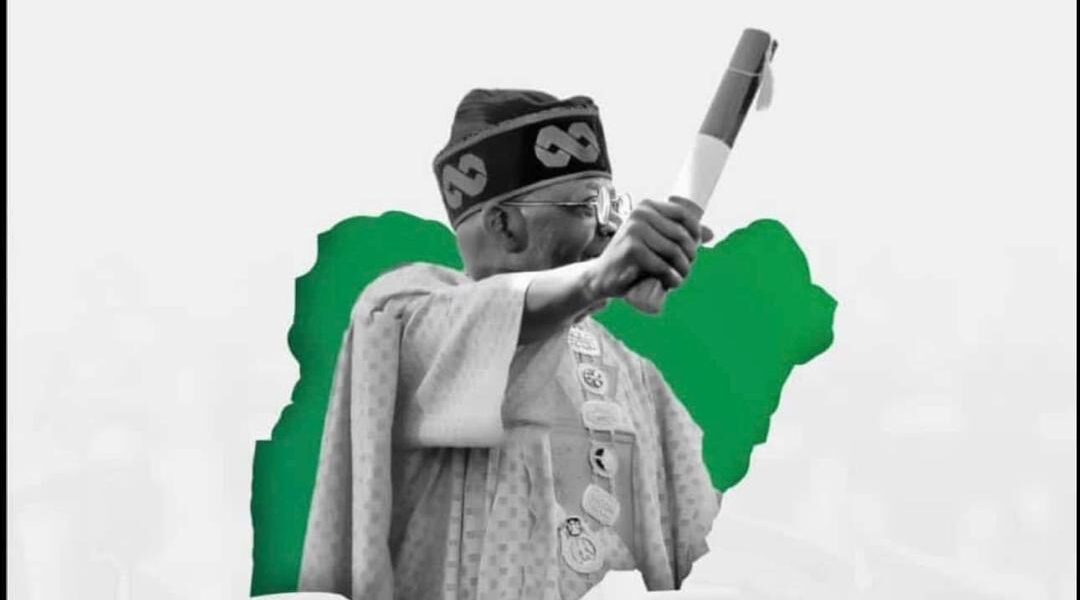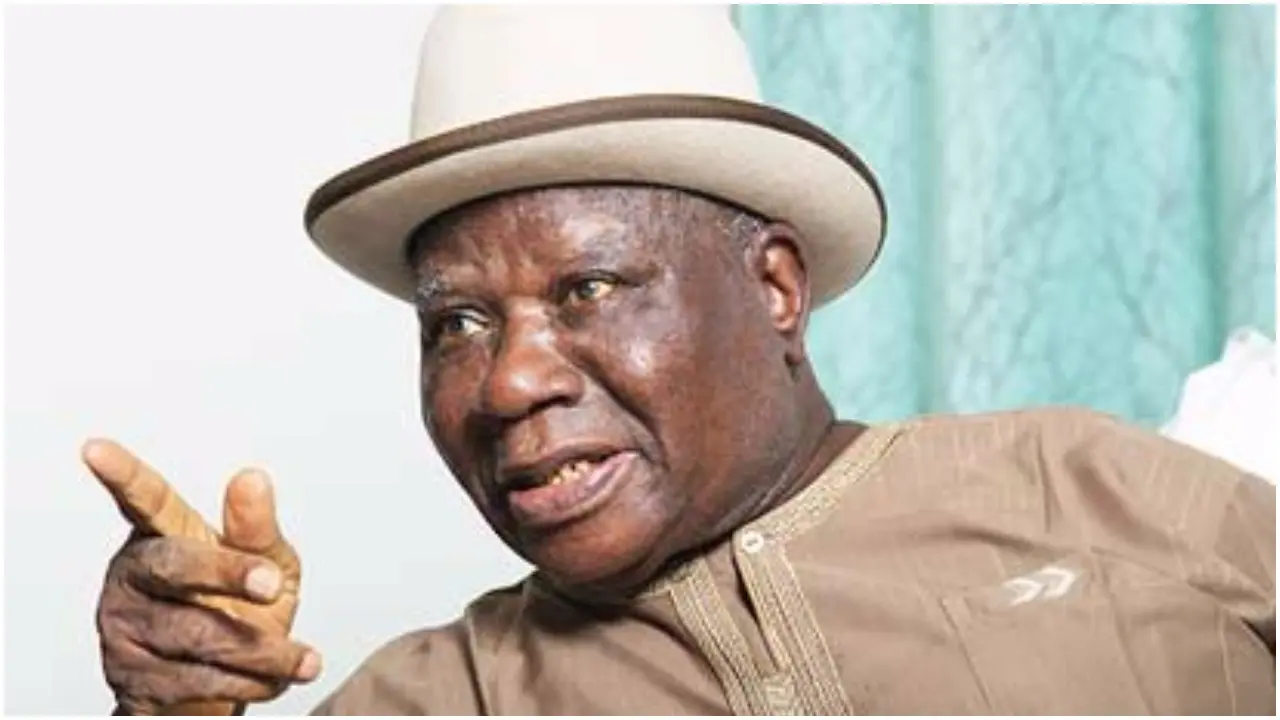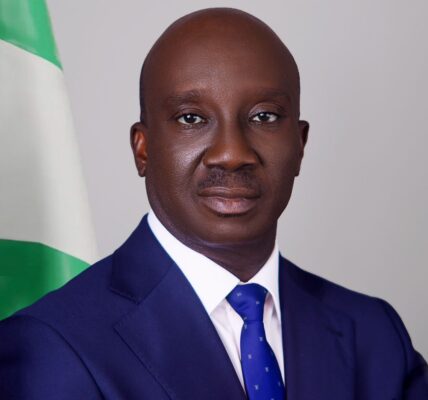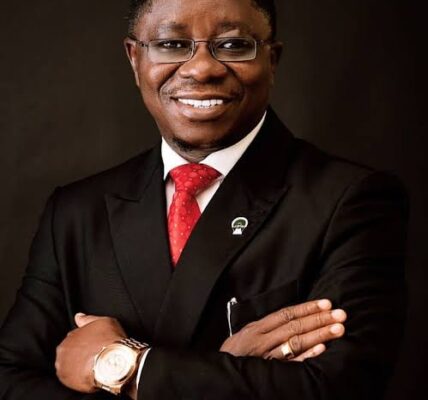By Eben Enasco
The rules of law have become a mere figure of speech in Nigeria severely abused by the few Political groups.
This has led to the people’s right to participation arbitrarily suspended or violated by those expected to protect and enforce the law.
Democracy as an inherent element of the rule of law ought to have as its foundation respect for human rights and the rule of law itself.
But in Nigeria, the more you look at the law, the more opinions of a cycle of a few holding to power whip out your sentiments and you are lost.
This has become a subject of debate, with many arguing that the Constitution of the Federal Republic of Nigeria is now a mere figure of speech before politicians.
To delve into this issue, let’s first understand the history of Nigeria’s Constitution.
The country’s constitutional history can be divided into four phases: colonial administration, internal self-government, independence, and military governance.
During the colonial era, constitution-making was solely the responsibility of the British government.
After Nigeria gained independence in 1960, the Republican Federal Constitution of 1963 was enacted, marking the country’s first and only autochthonous Constitution.
However, this period of democratic governance was short-lived, as the military took over in 1966, beginning a long period of military rule.
The 1979 Constitution was promulgated by the military, and although it heralded a brief return to democratic governance, it was eventually overthrown.
The same pattern repeated itself in 1989 and 1999, with the military intervening and imposing their own constitutions.
So, what does this mean for the average Nigerian?
Many have argued that the Constitution has become a mere figure of speech for politicians, particularly used to further their own interests rather than serve the people.
In the case of Rivers State where a sitting Governor was maliciously suspended, a part of the constitution was breached to favour a thanker load of politicians who are hell bent on protecting their interests ahead of 2027 presidential elections.
In Edo, Osun, Rivers and other states, the rules of law have been undermined at the local government level creating a litany of gaps between the government and the governed in the grassroot.
The suspension at the rivers state and local government elected officials are entirely inconsistent and incompatible with the letter and spirit of the Nigerian constitution 1999 as amended and the country’s obligations under article 13 of the African Charter on Human and Peoples’ Rights, and articles 2, 3 and 4 of the African Charter on Democracy, Elections and Governance.
The combined provisions of sections 1 subsection 2, 14 subsection 1c, 176 subsection 1 (2) and 305 subsection 1 of the Nigerian 1999 constitution create a delicate balance of rights and responsibilities, balancing the exercise of the president’s power against the people’s right to participation in their own government, and the notion of respect for the rule of law.
Together, these constitutional provisions presume that presidential powers under section 305 are to be exercised fairly and the duty of fairness requires that the people’s right to participation and democracy should be upheld even in the context of a declaration of state of emergency in Rivers State.
The 1999 constitution is that the suspension of democratically elected officials in Rivers State and local government authorities is unlawful and unconstitutional.
Democracy works best when everyone participates and the right to participation is the bedrock of any democratic society.
The suspension of the democratically elected officials in Rivers State, Edo State and others has seriously undermined the ability of the affected to participate more effectively in their own government, and the credibility and integrity of the country’s electoral process, as well as the notion of the rule of law.
The rule of law ought to be protected to ensure that persons and institutions operate within the defined ambit of constitutional and statutory limitations.
The suspension of democratically elected officials in any state has raised significant concerns about its constitutionality and compatibility with international human rights obligations.
According to the Nigerian Constitution 1999, as amended, and the African Charter on Human and Peoples’ Rights, the suspension is entirely inconsistent and incompatible with the letter and spirit of these laws.
President Bola Tinubu and the 36 state governors must know that, Section 1 subsection 2 of the federal republic of Nigeria: Establishes the supremacy of the Constitution
That Section 14 subsection 1 c, ensures the participation of citizens in their own government
That Section 176(1) (2)_ : Outlines the procedure for the removal of elected officials
That Section 305(1), Regulates the declaration of a state of emergency
The legality of the president’s decision, highlighting the need for adherence to constitutional provisions and international human rights obligations.
Where agencies of government are allowed to operate at large and at their whims and caprices in the guise of performing their statutory or constitutional duties, the end result will be anarchy and authoritarianism, leading to the loss of constitutionally guaranteed freedom and liberty.
If Section 305 of the 1999 constitution is neither absolute nor superior to other provisions of the constitution, Presudent Tinubu must reverse his suspension of a sitting governor with immediate effect if his voice over local government autonomy must stand.
Promoting the disabuse to the constitutional framework has the eminent possibility of breaking down completely the rule of law.
In our little descoveries, we have learned that the lack of participation from citizens in the constitution-making process has led to a sense of disconnection and mistrust.
To address this issue, some experts advocate for a sovereign national conference, where citizens can come together to draft a new Constitution that truly represents their interests and needs.
As we move forward, it’s essential to examine the role of the Constitution in Nigerian society and work towards creating a more inclusive and participatory process for constitution-making.





